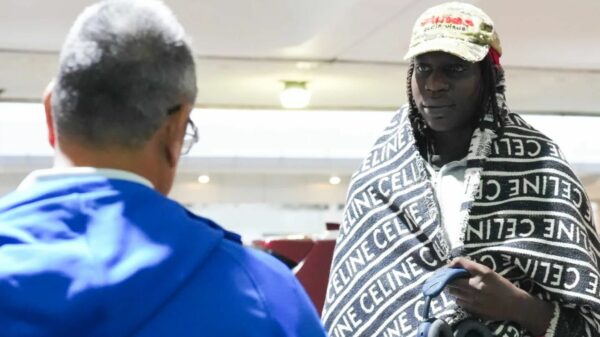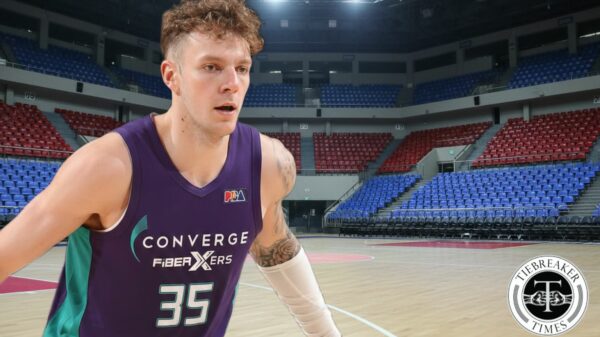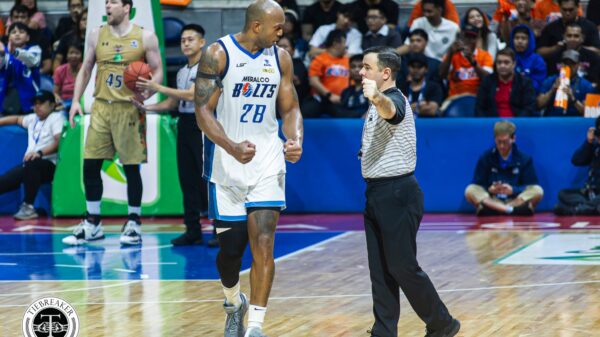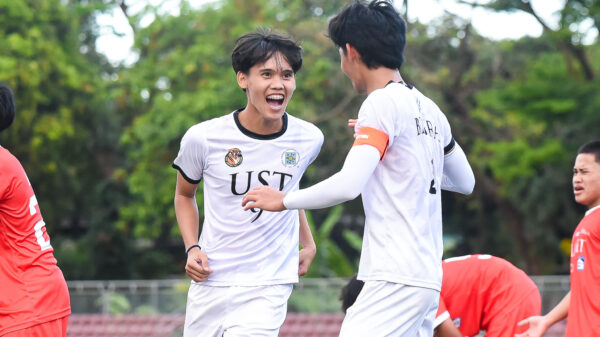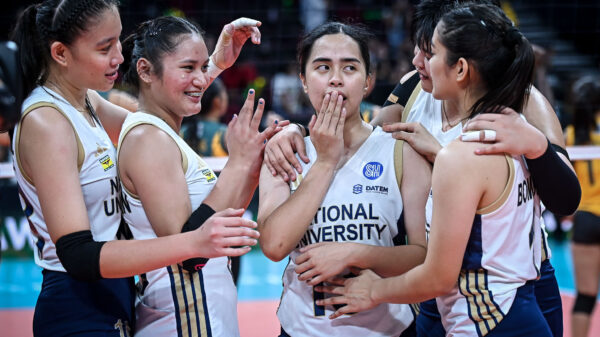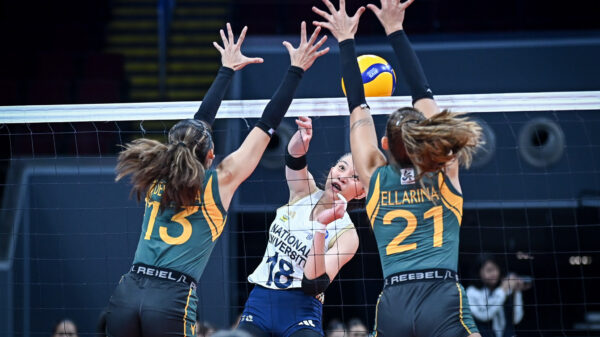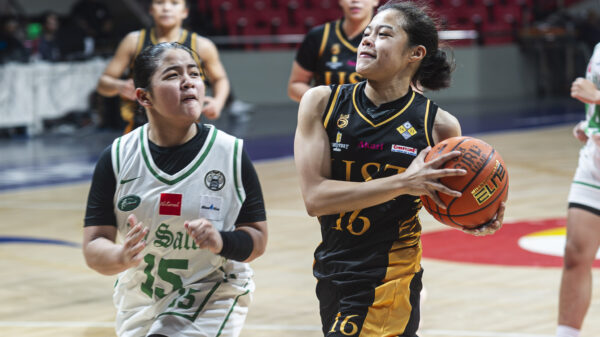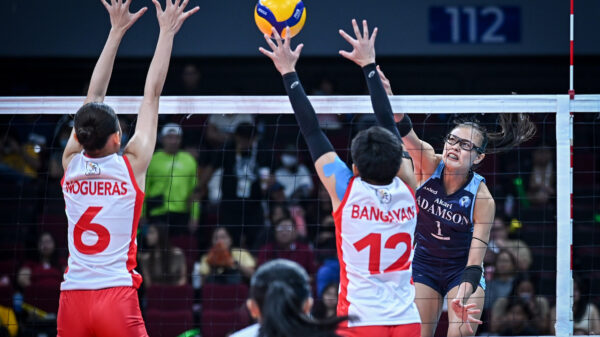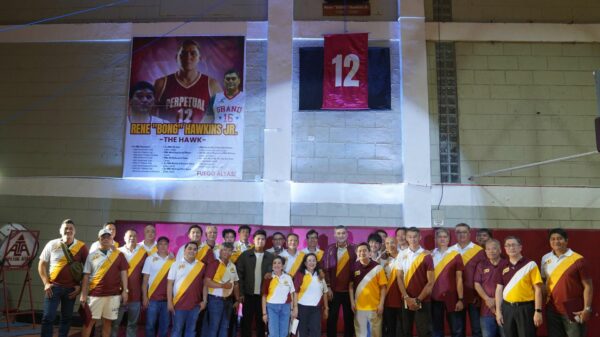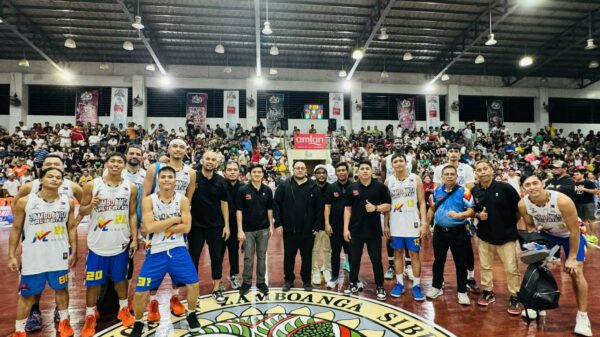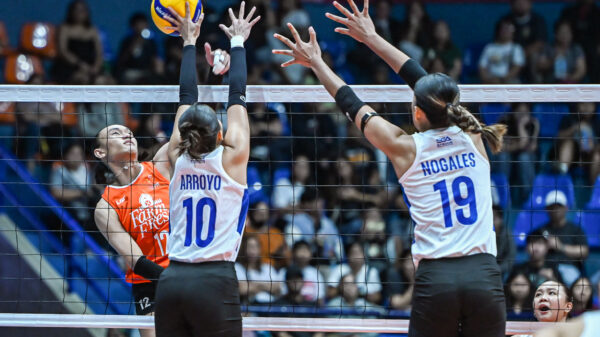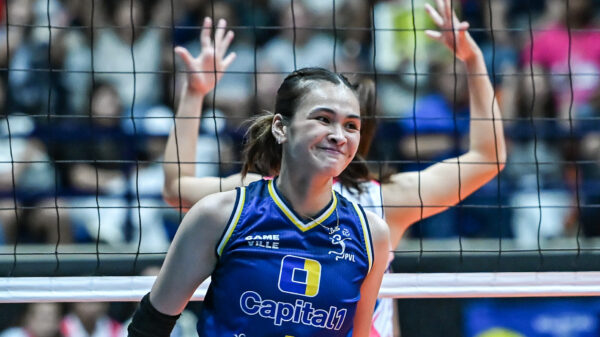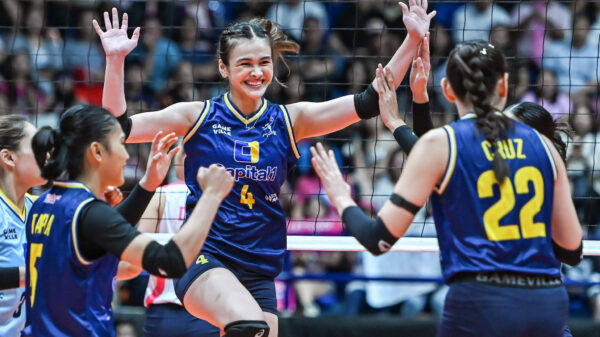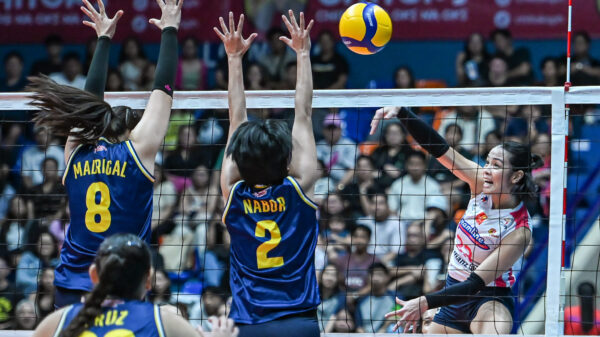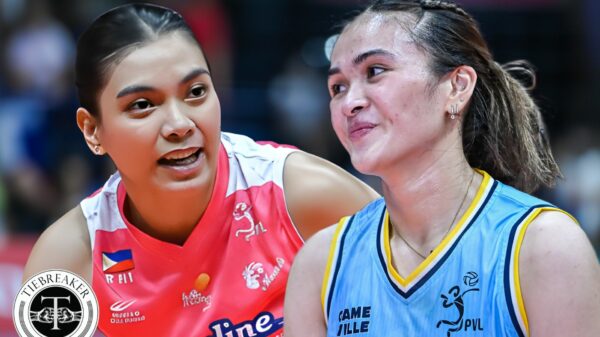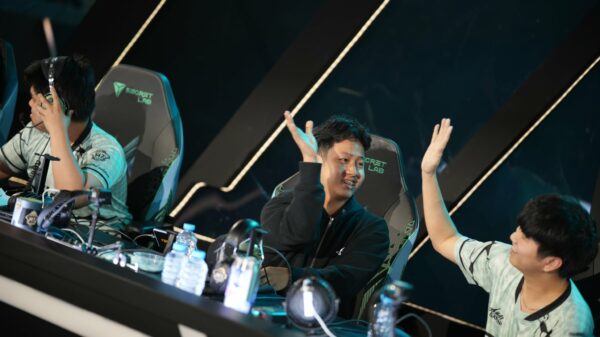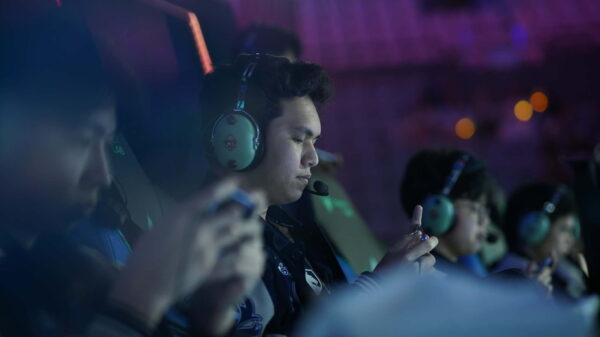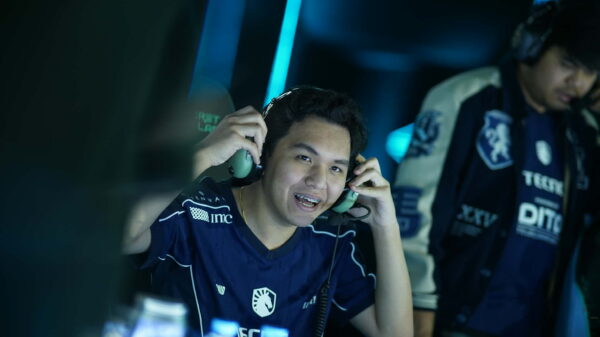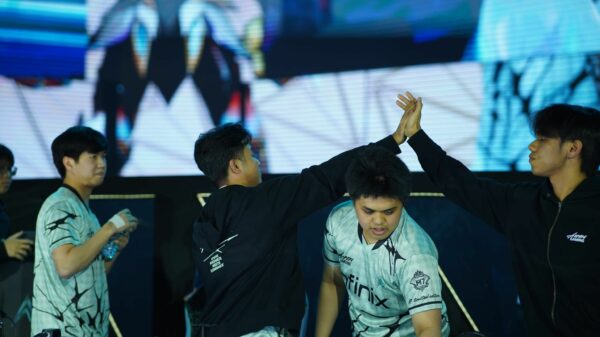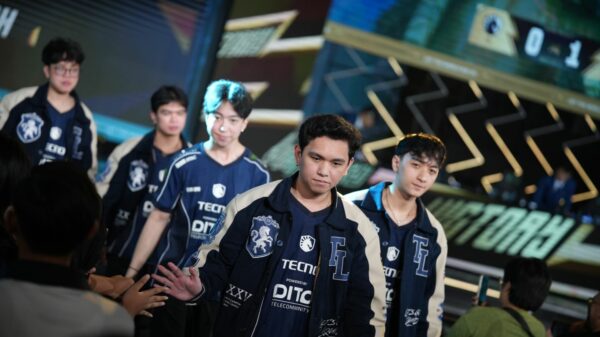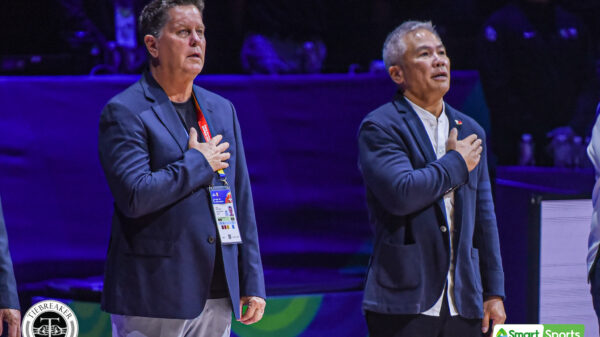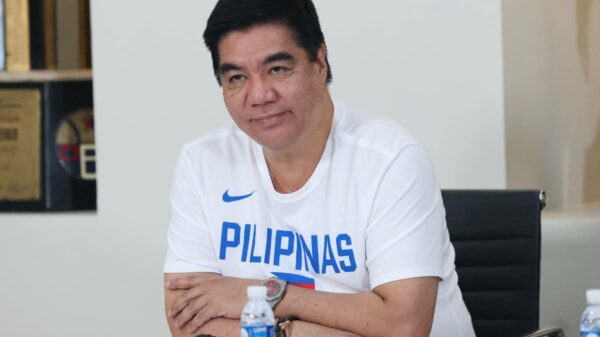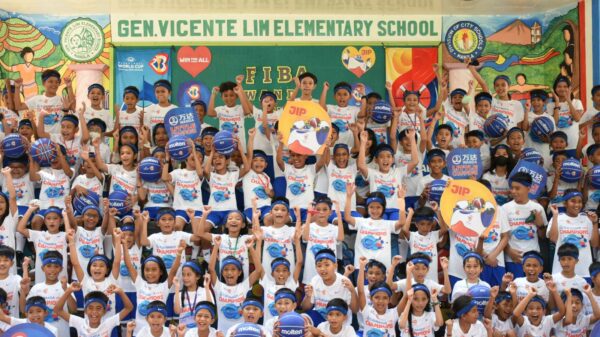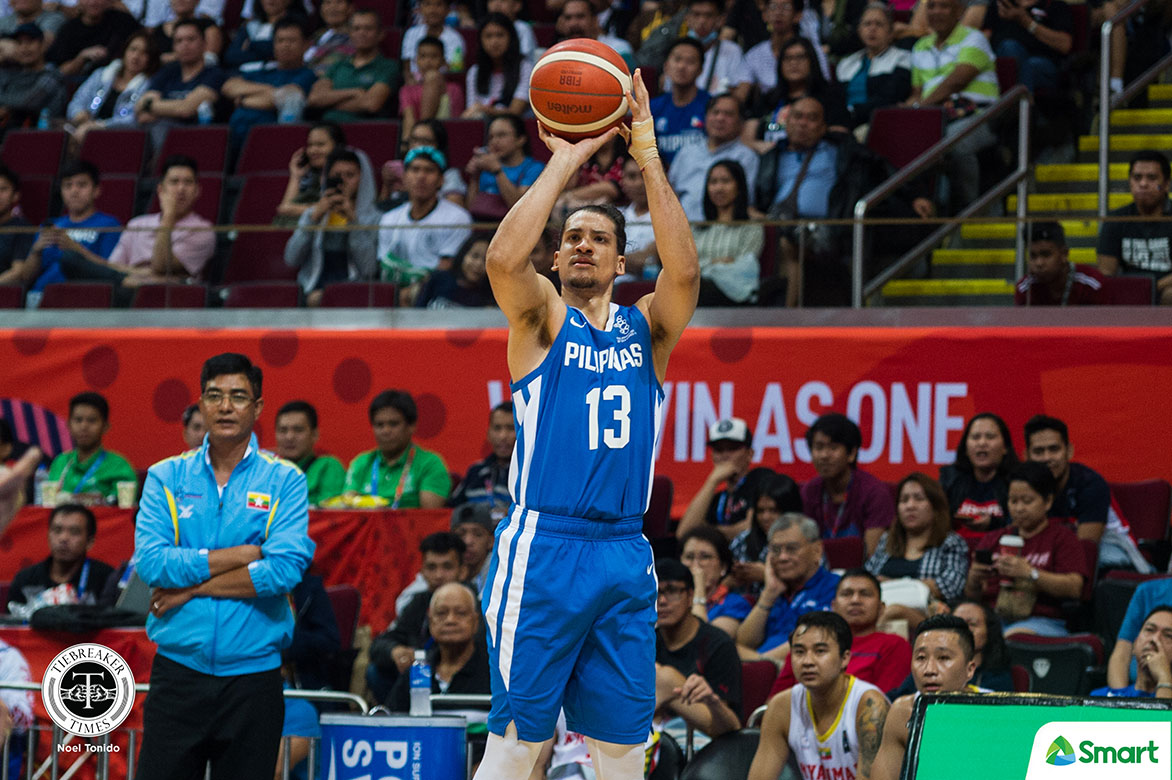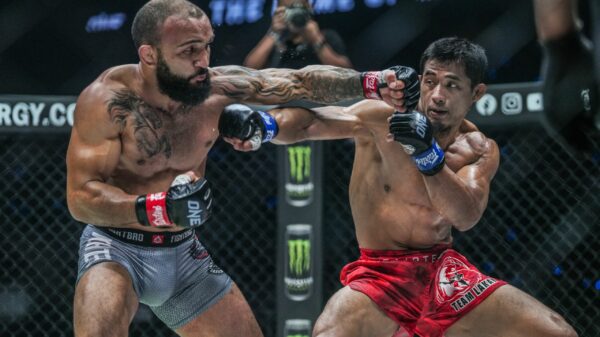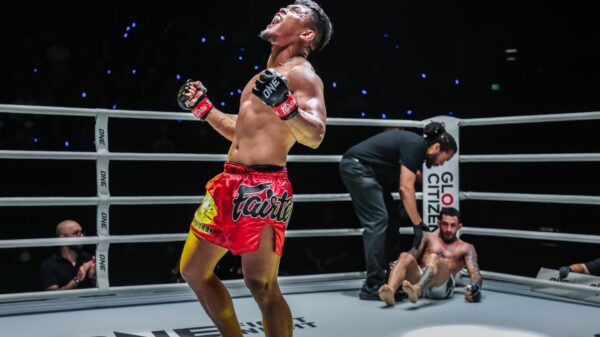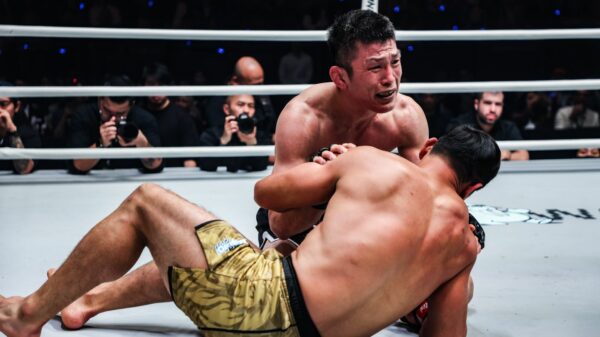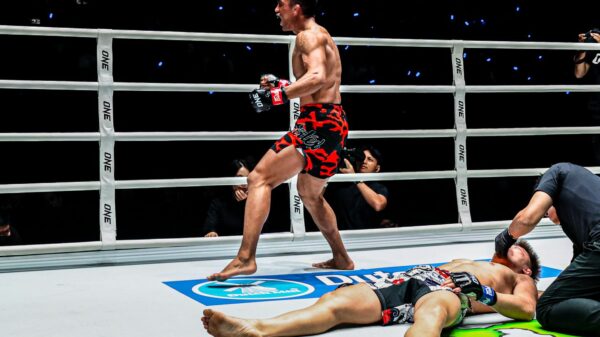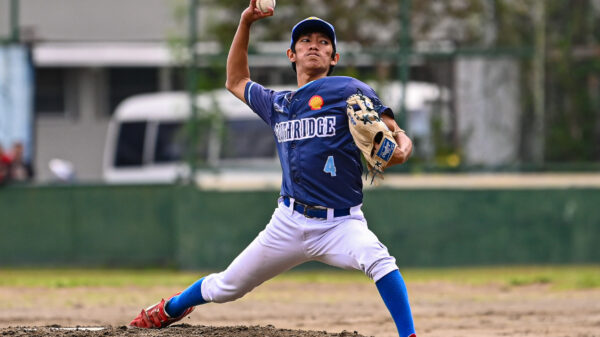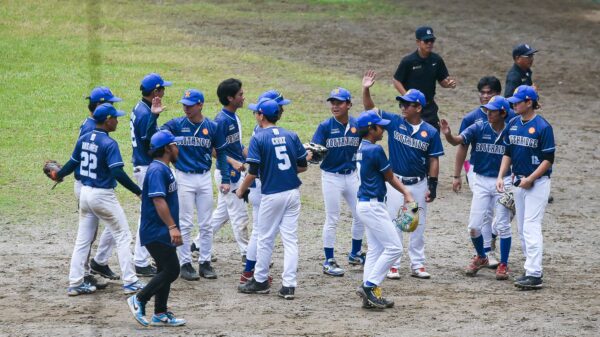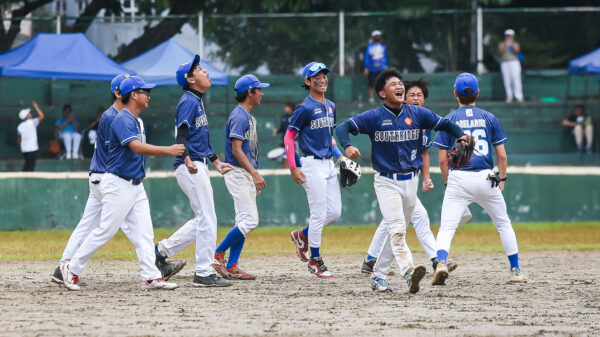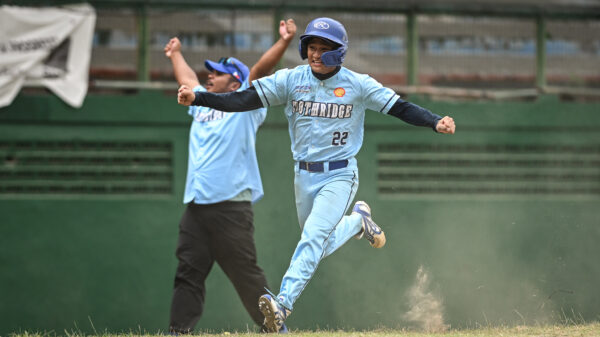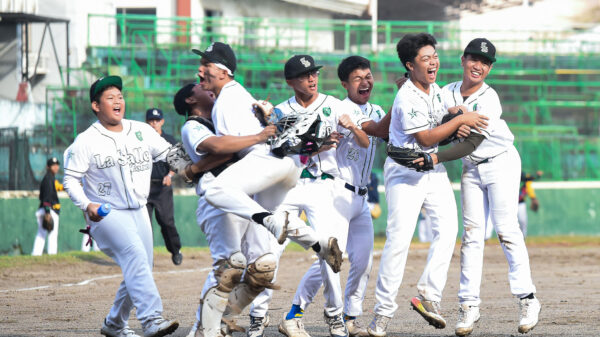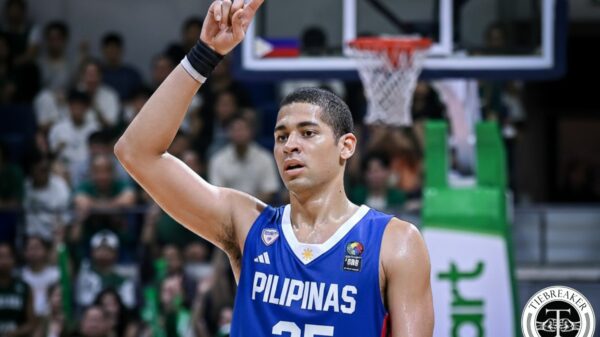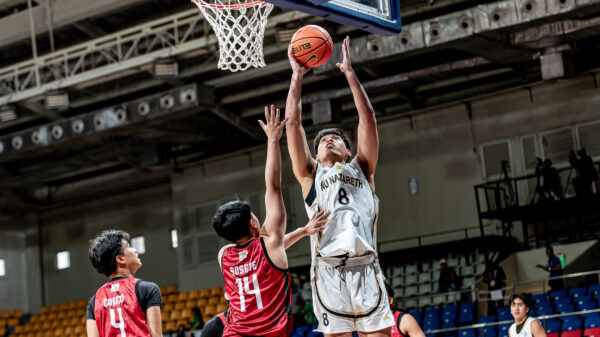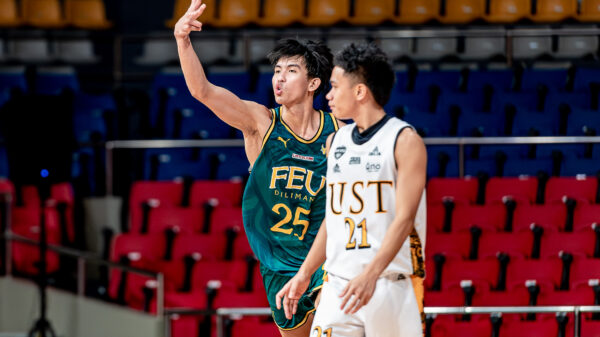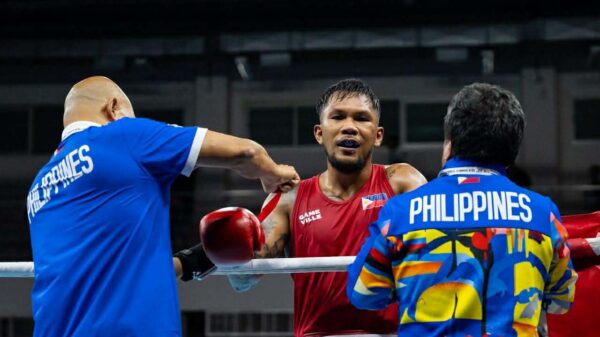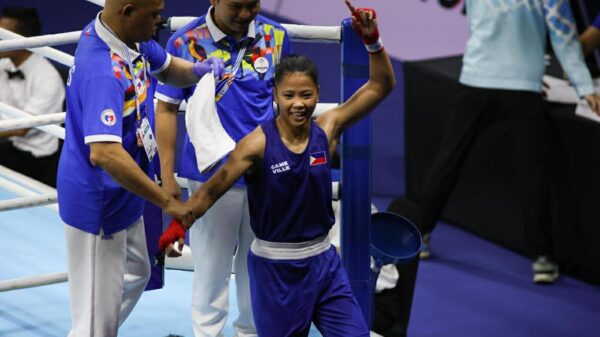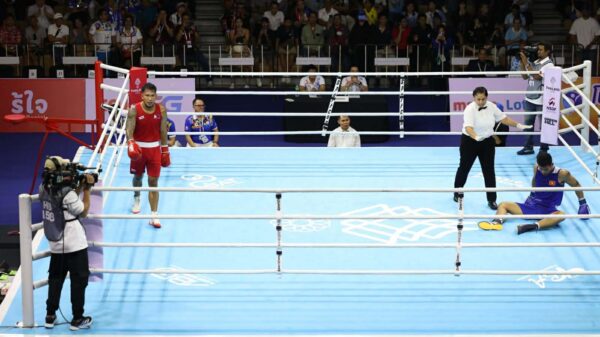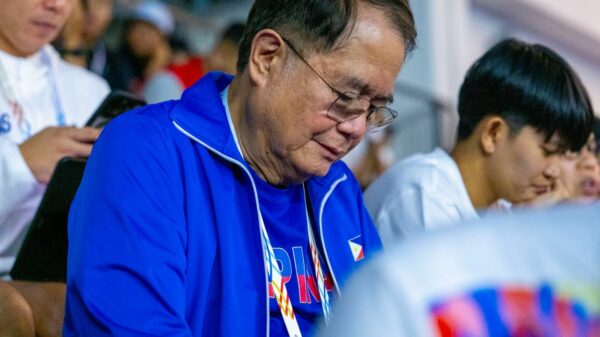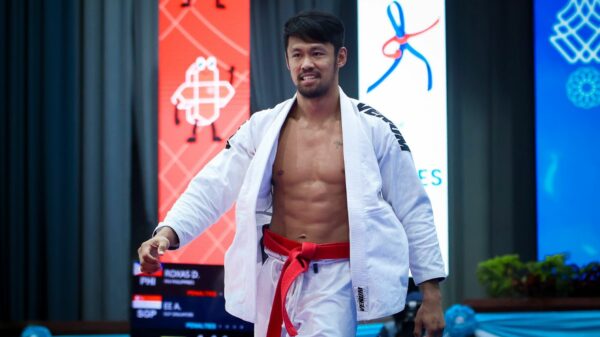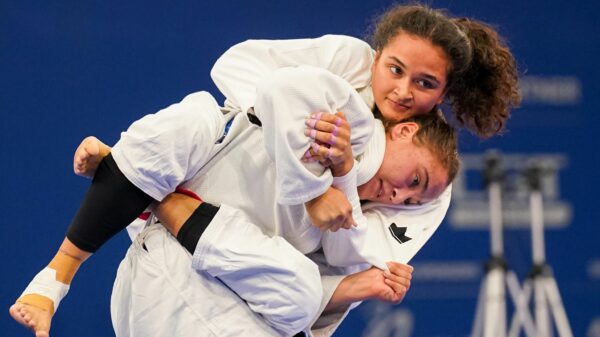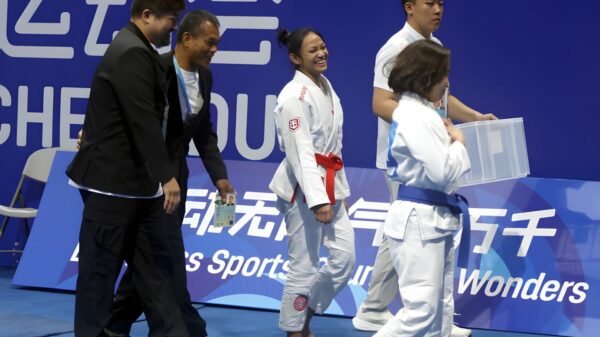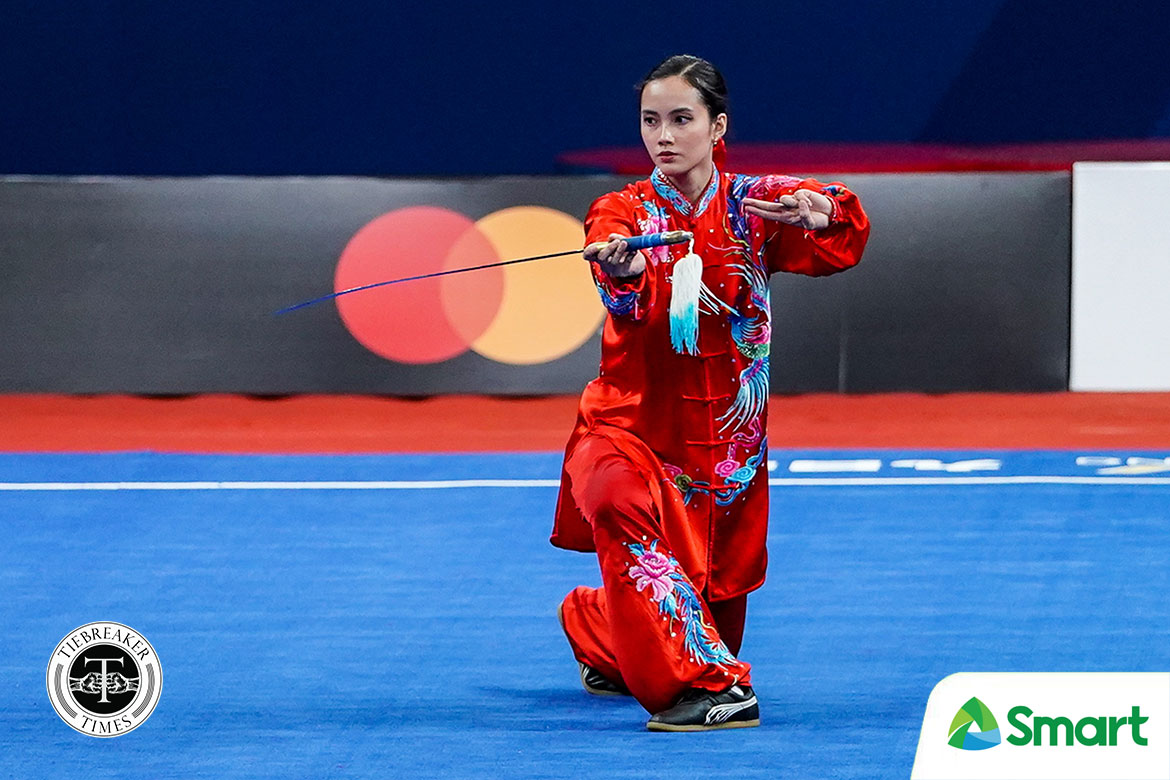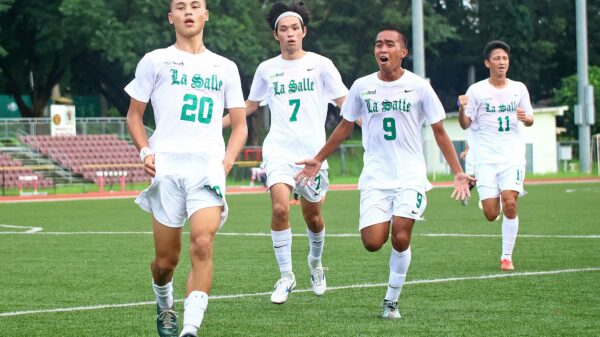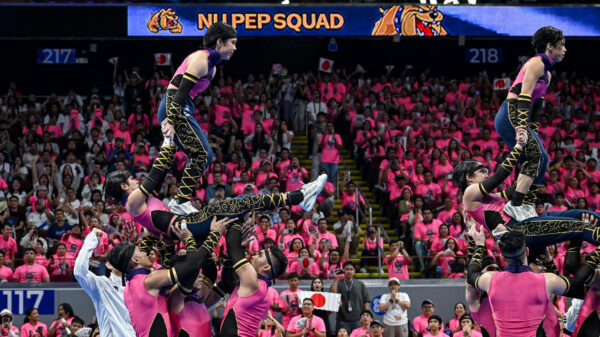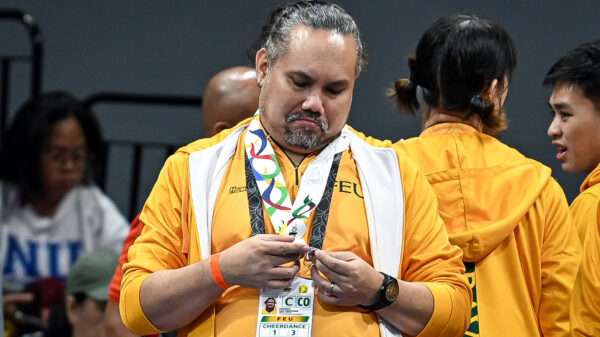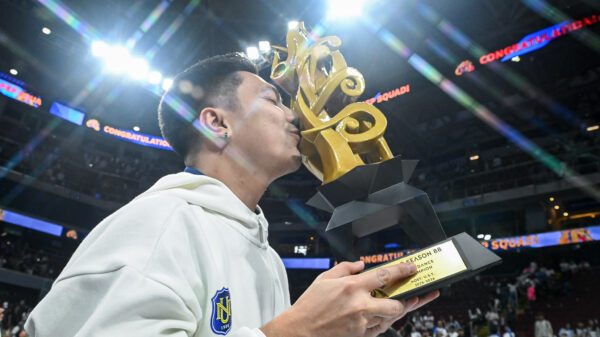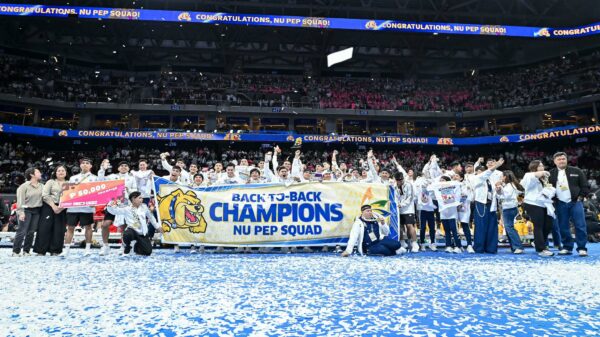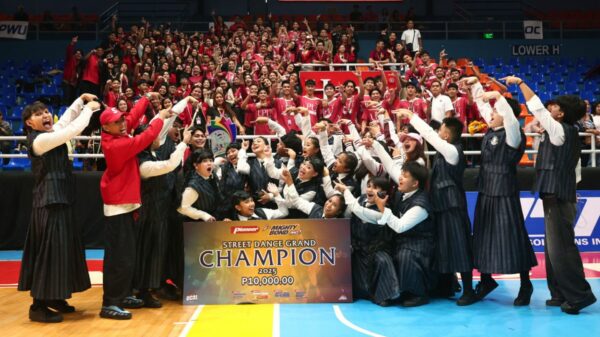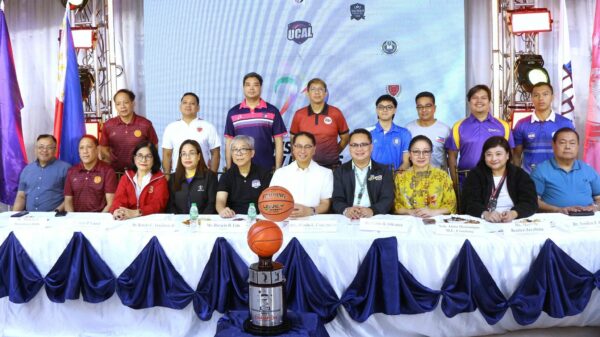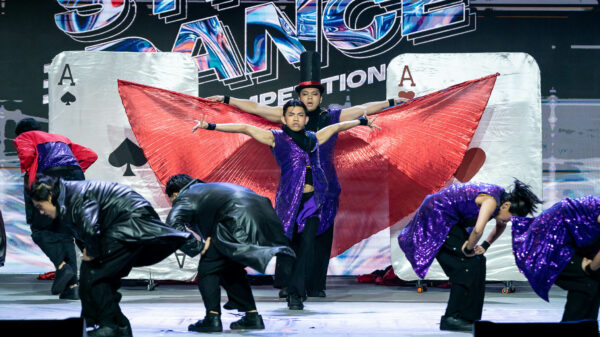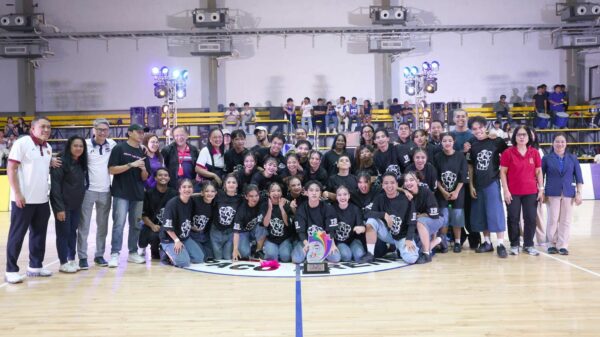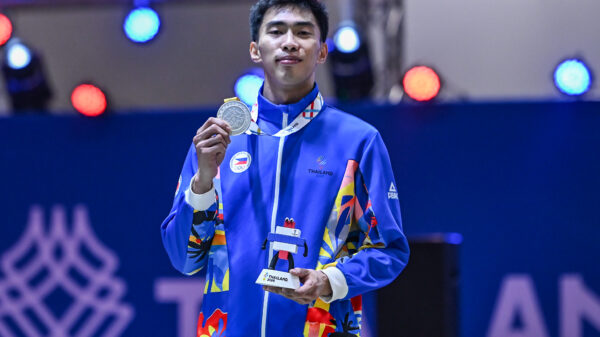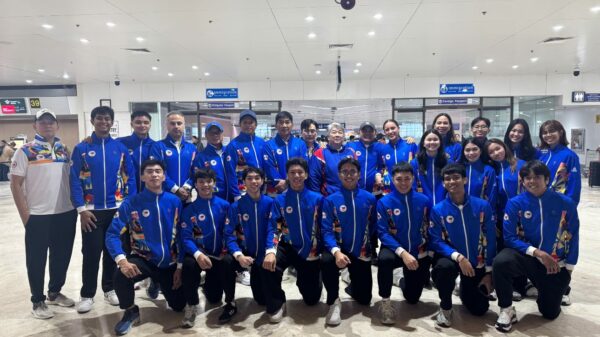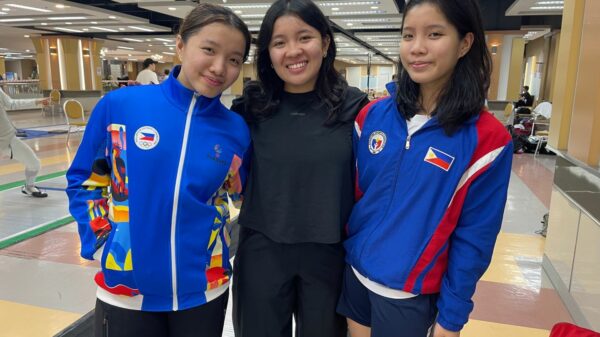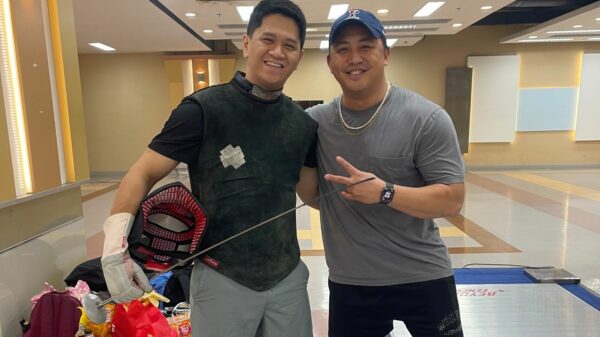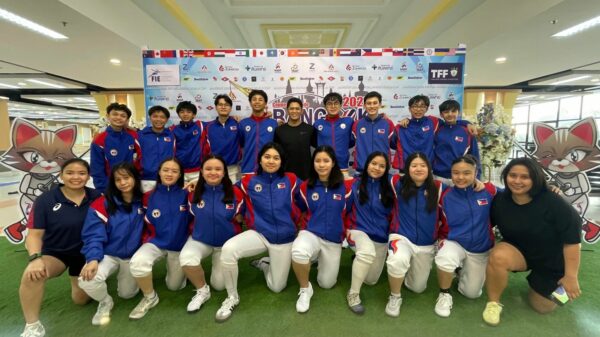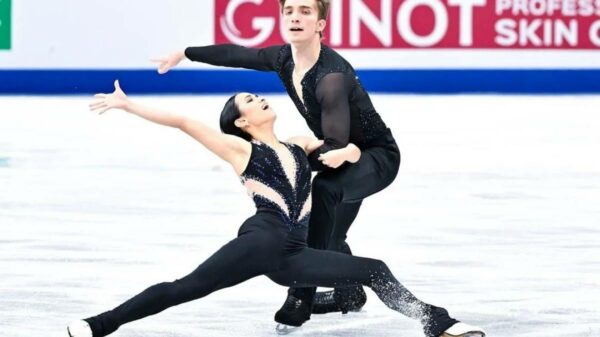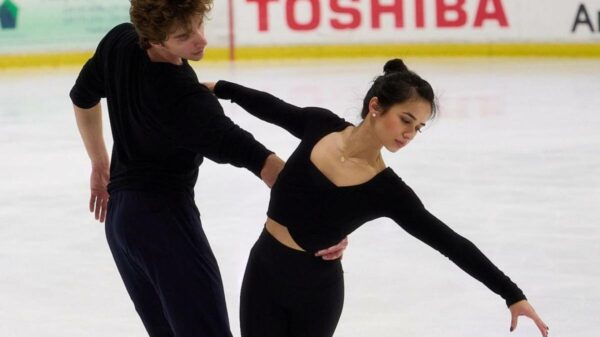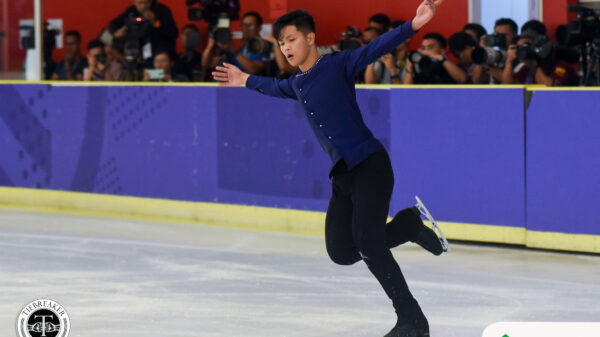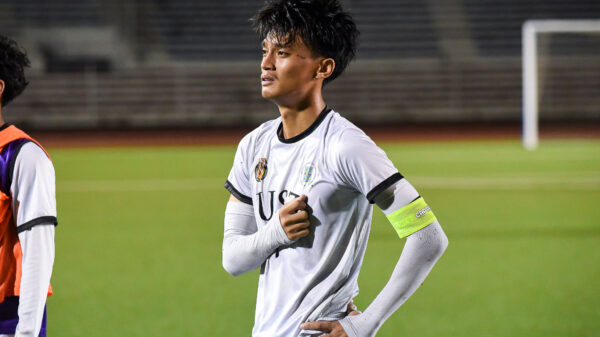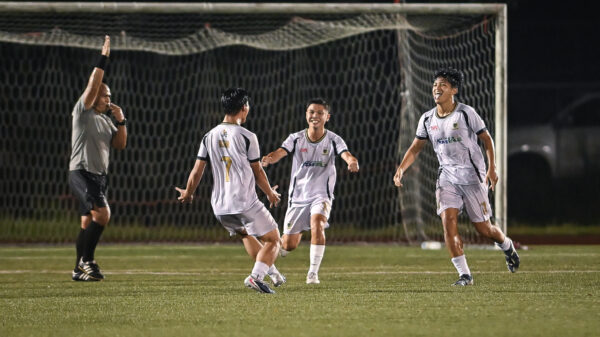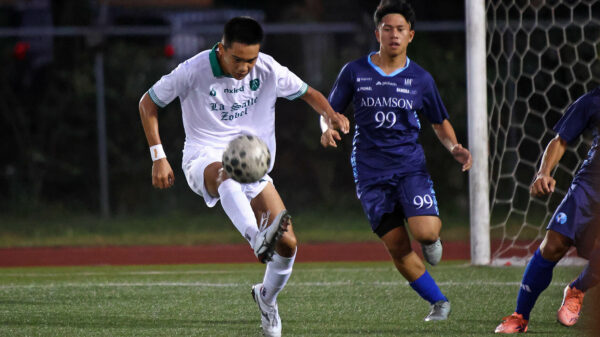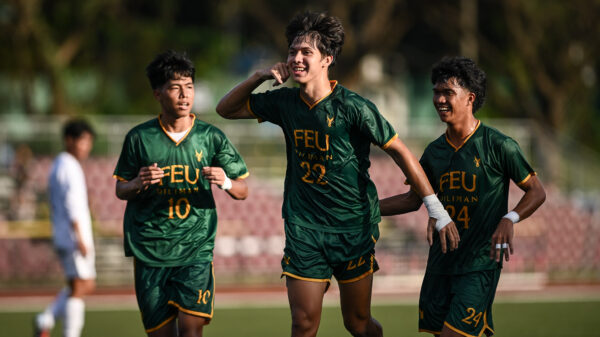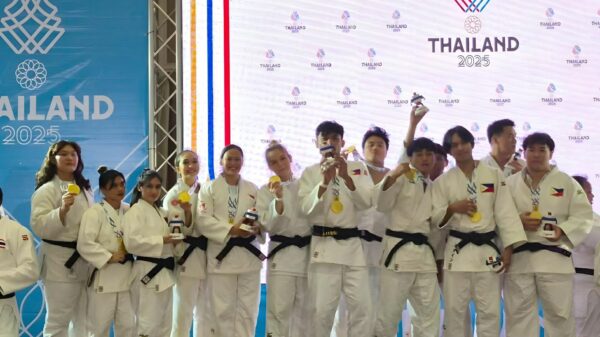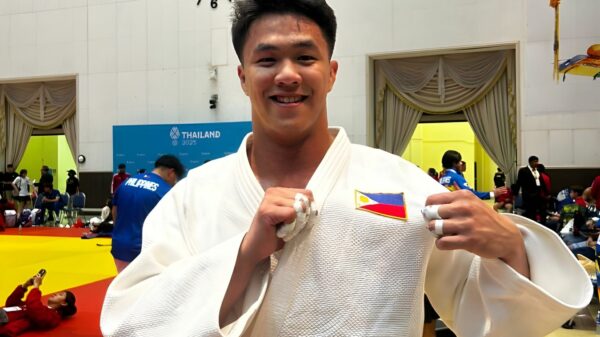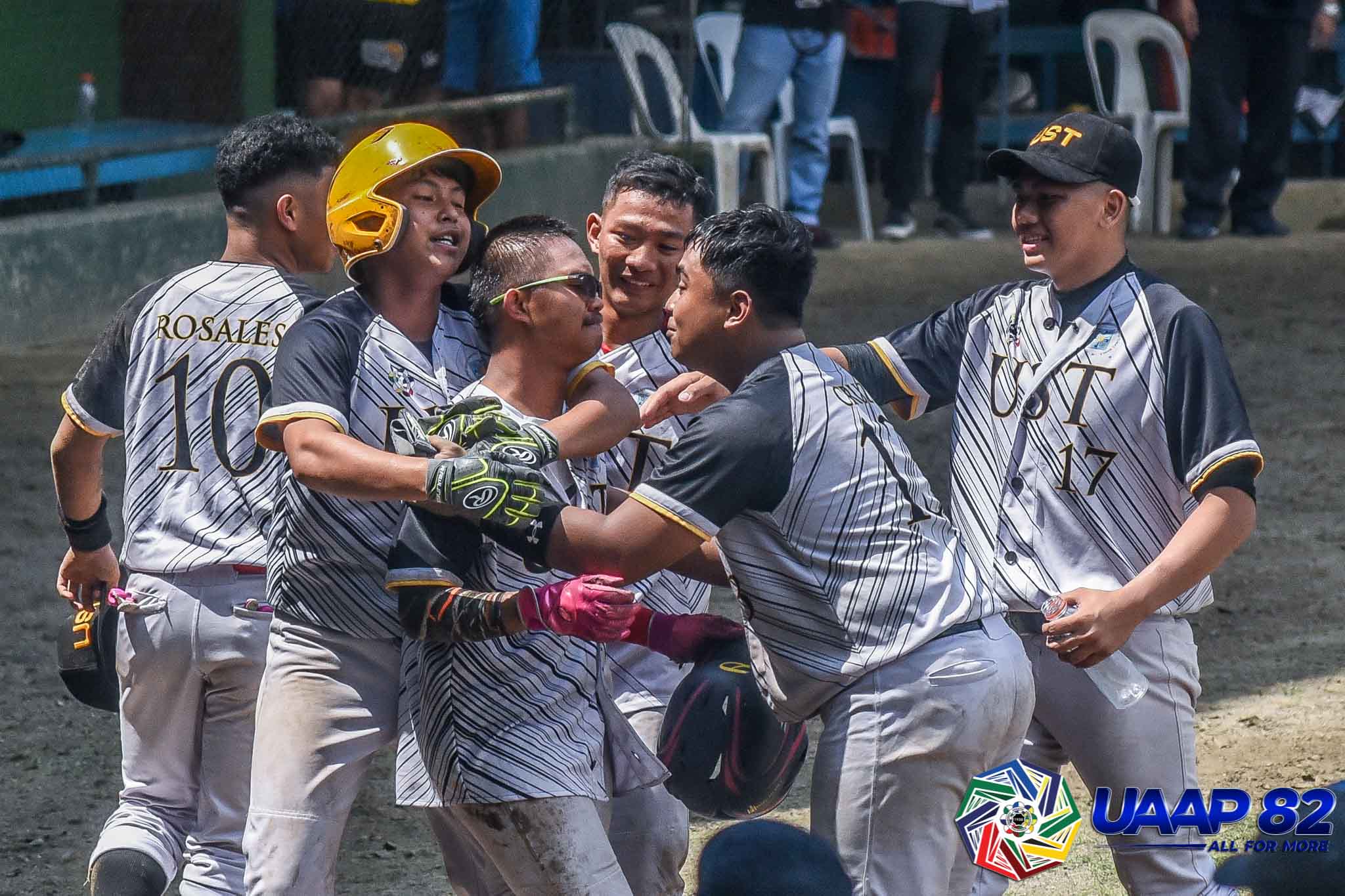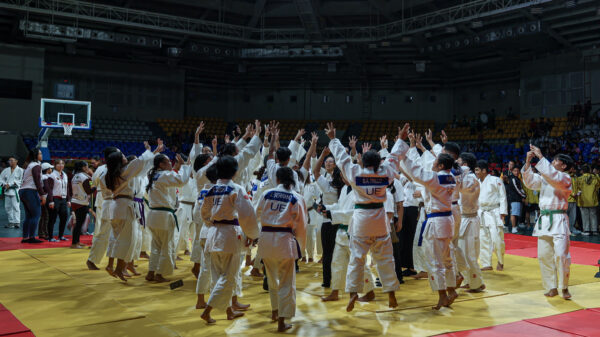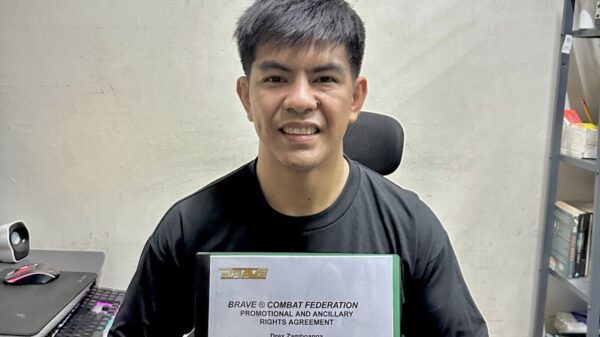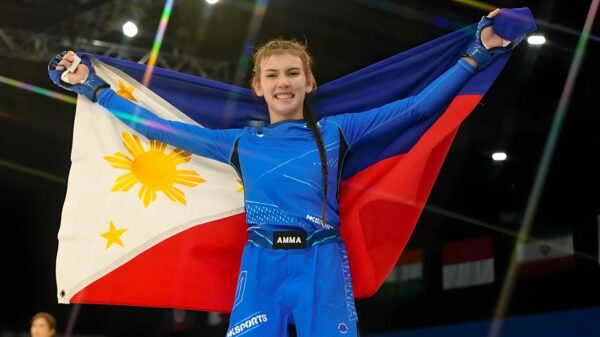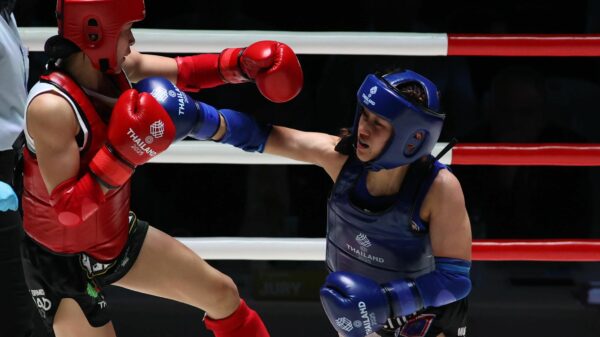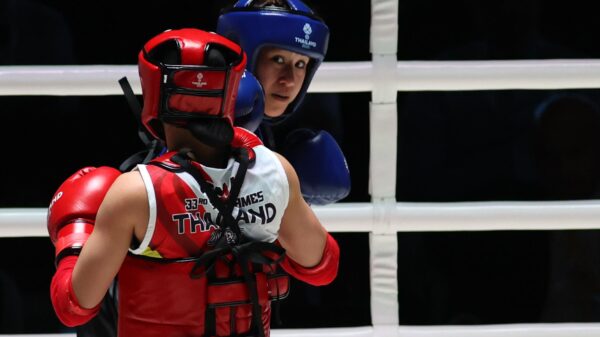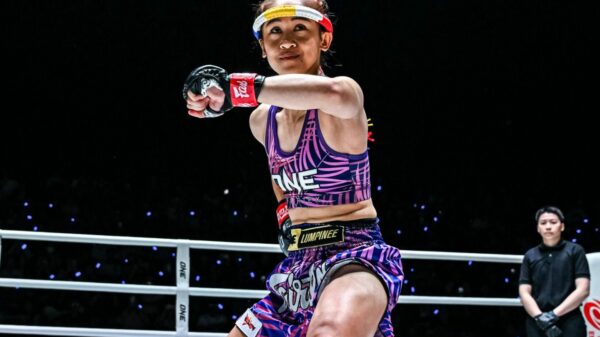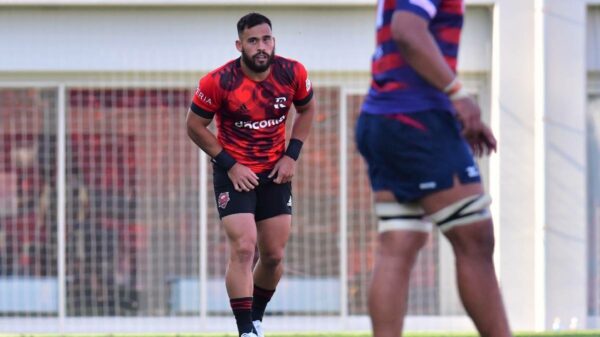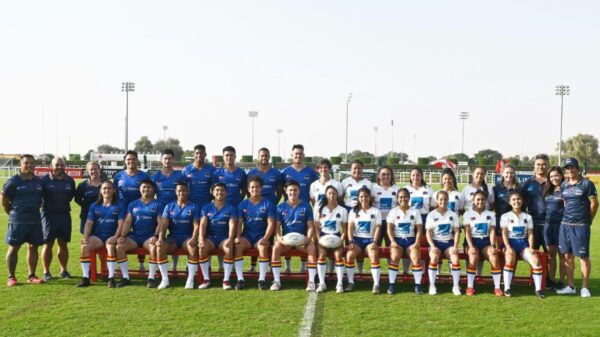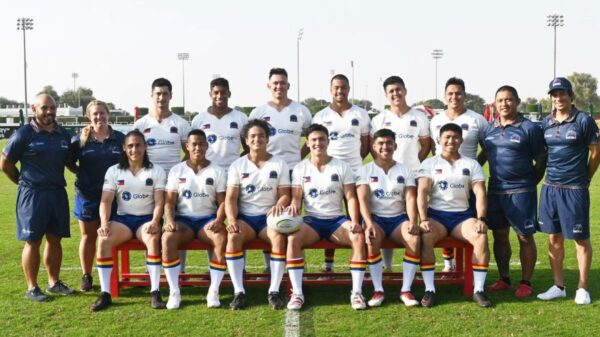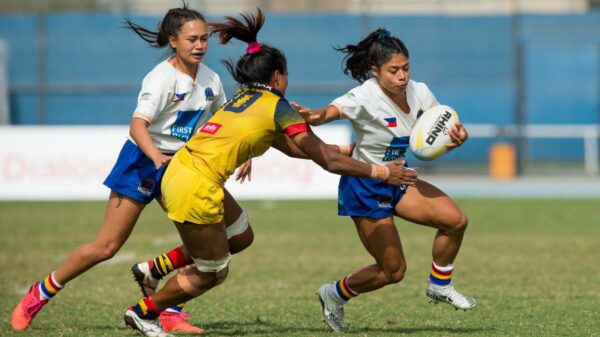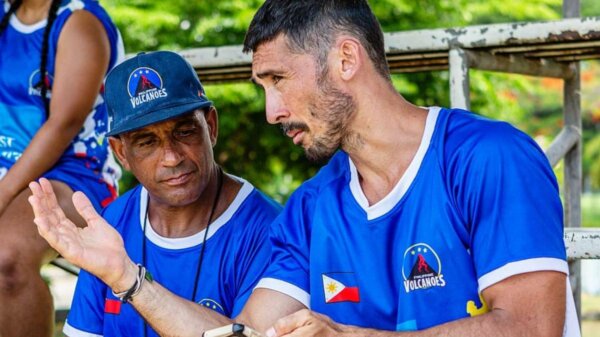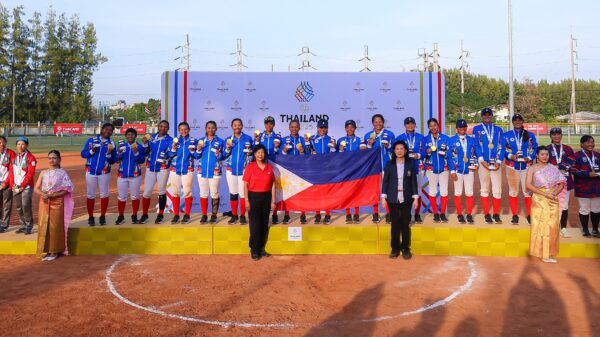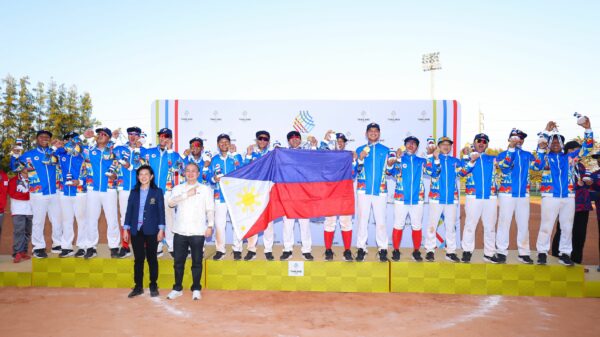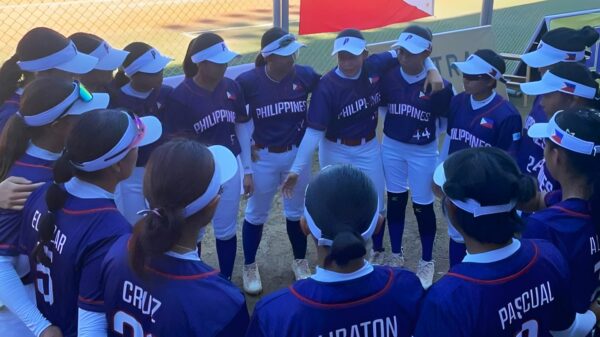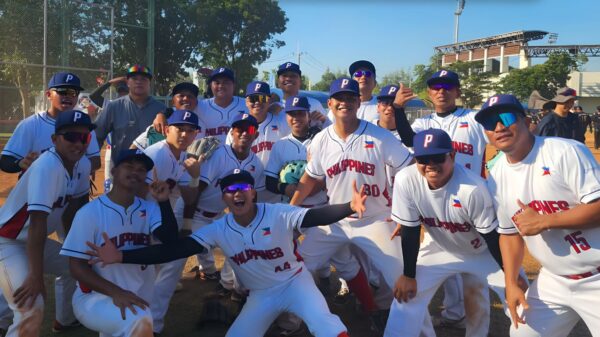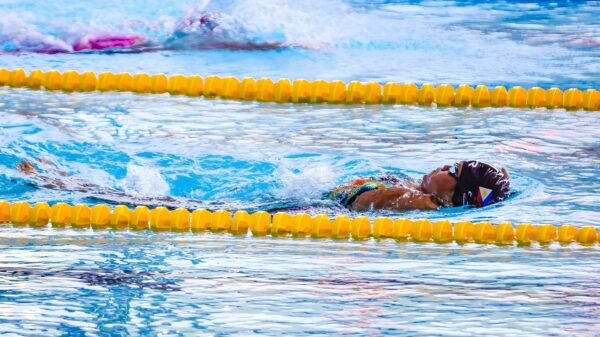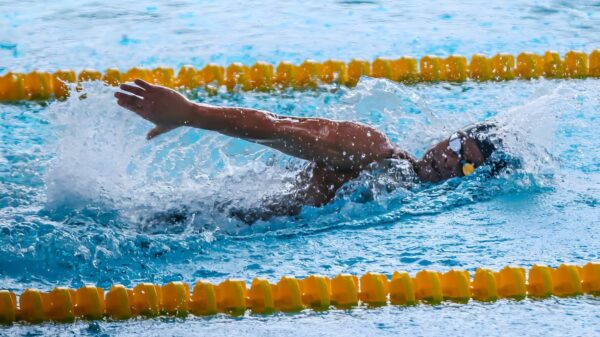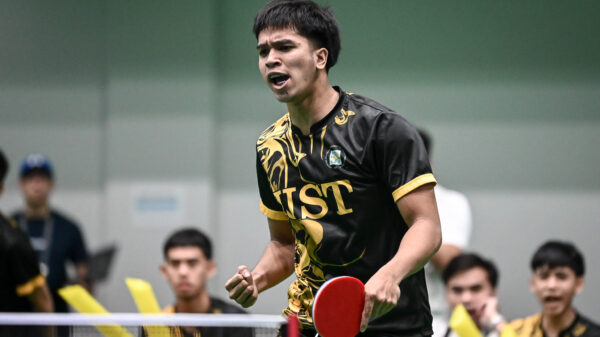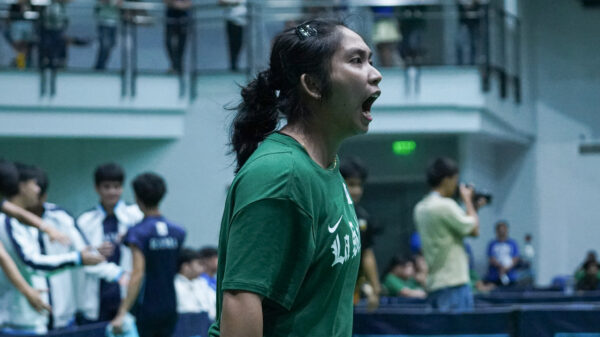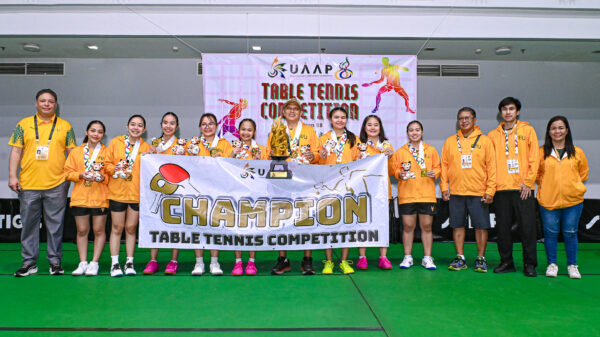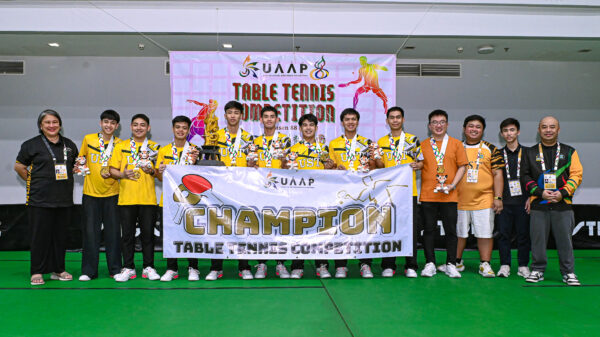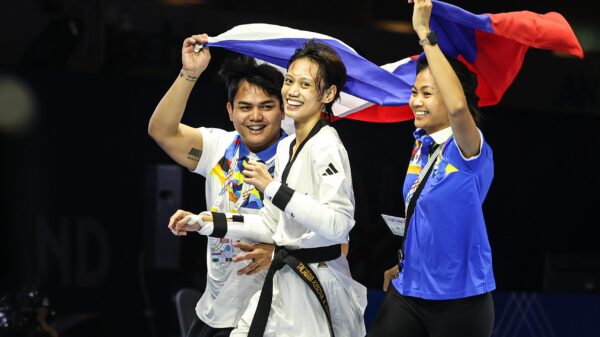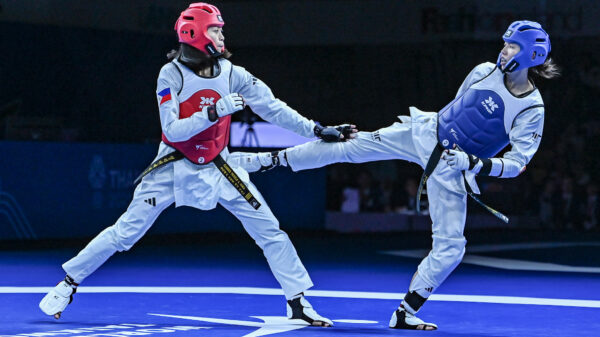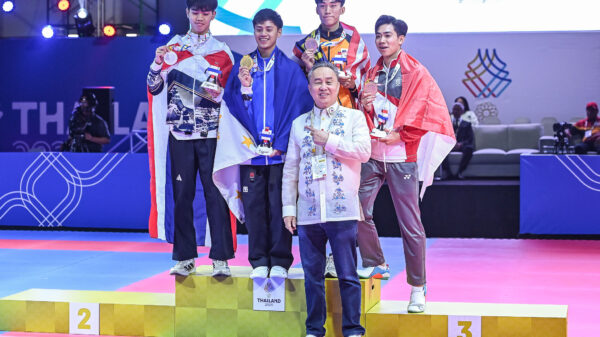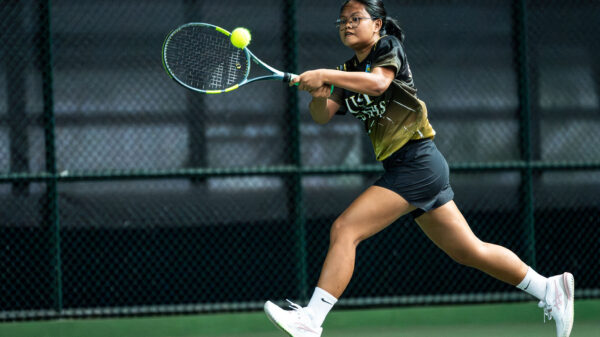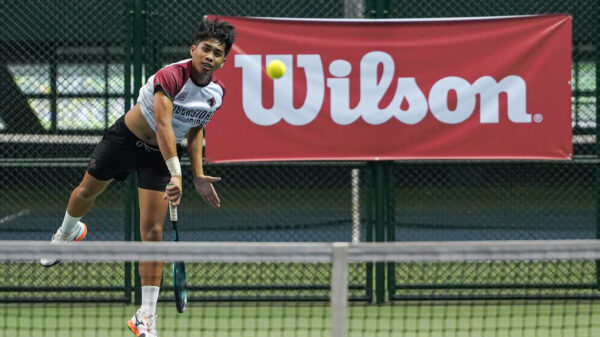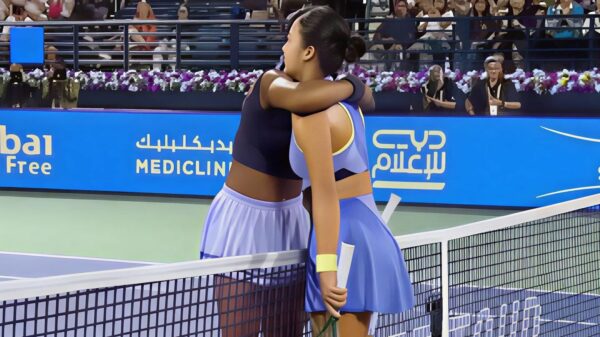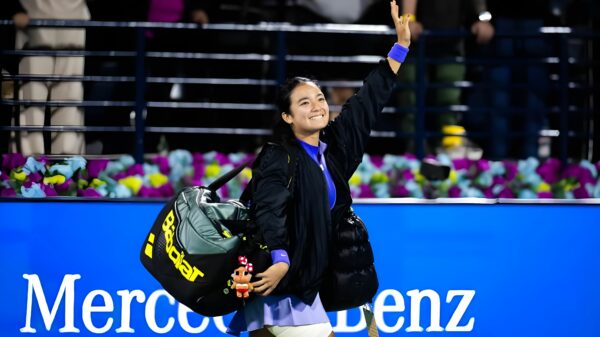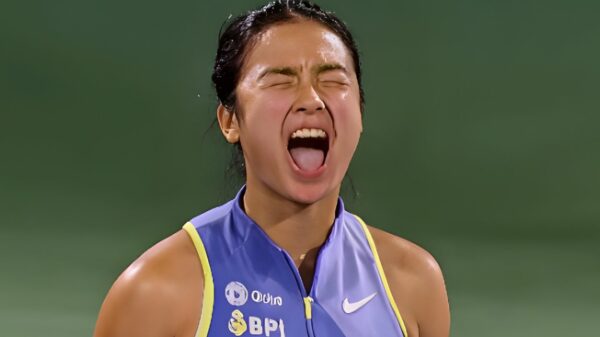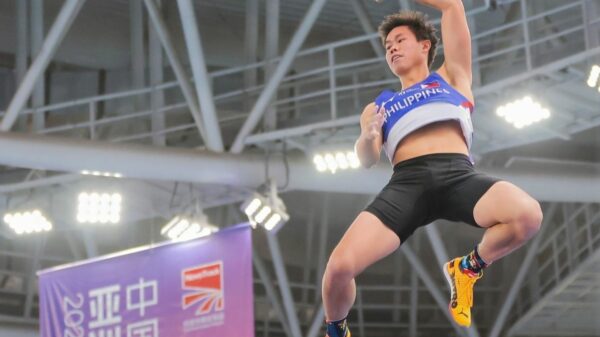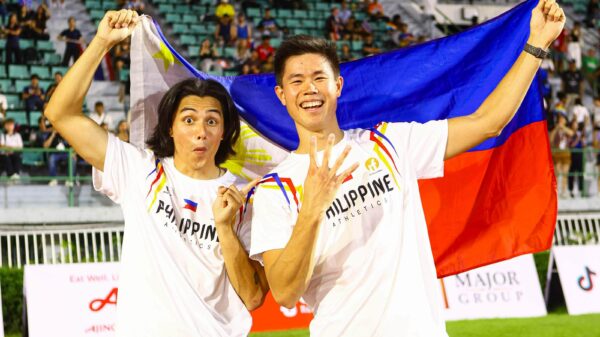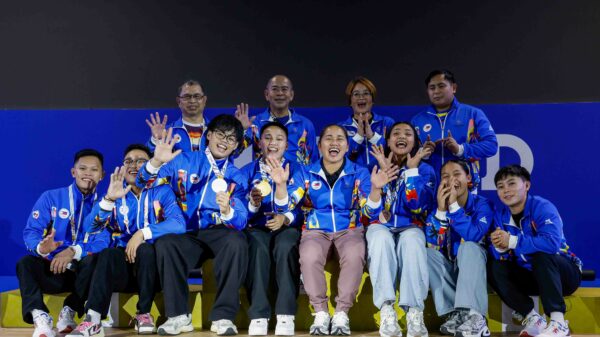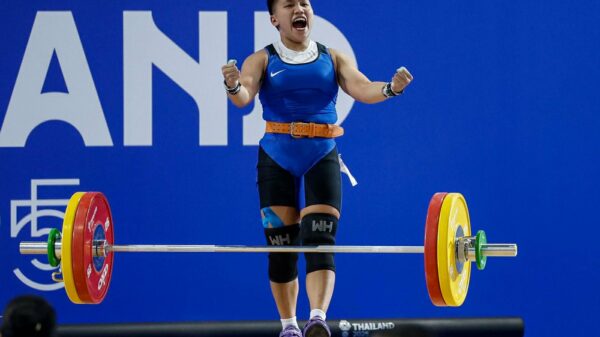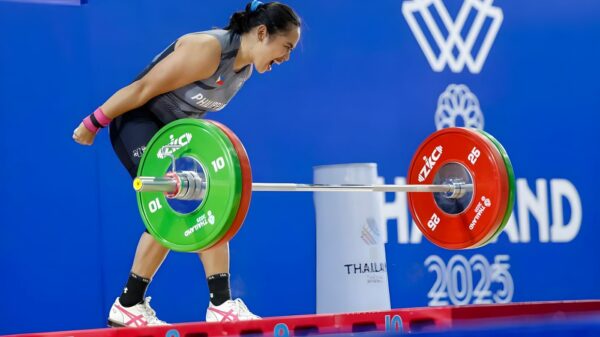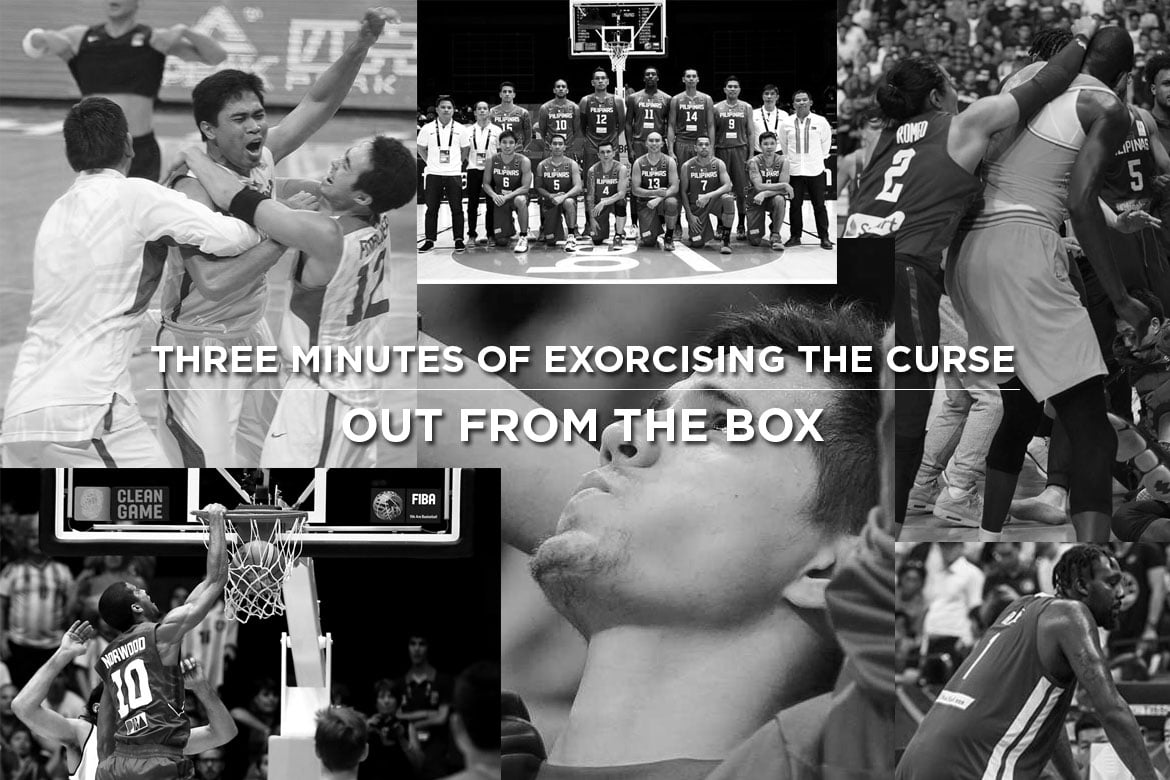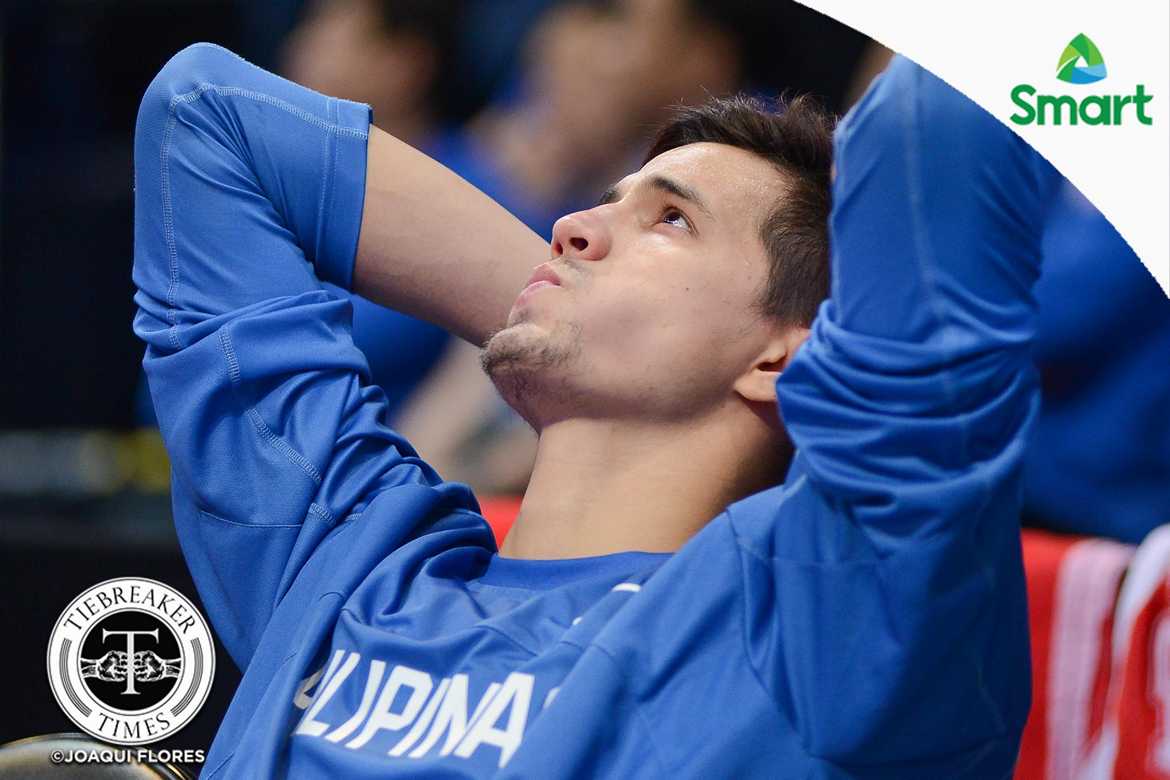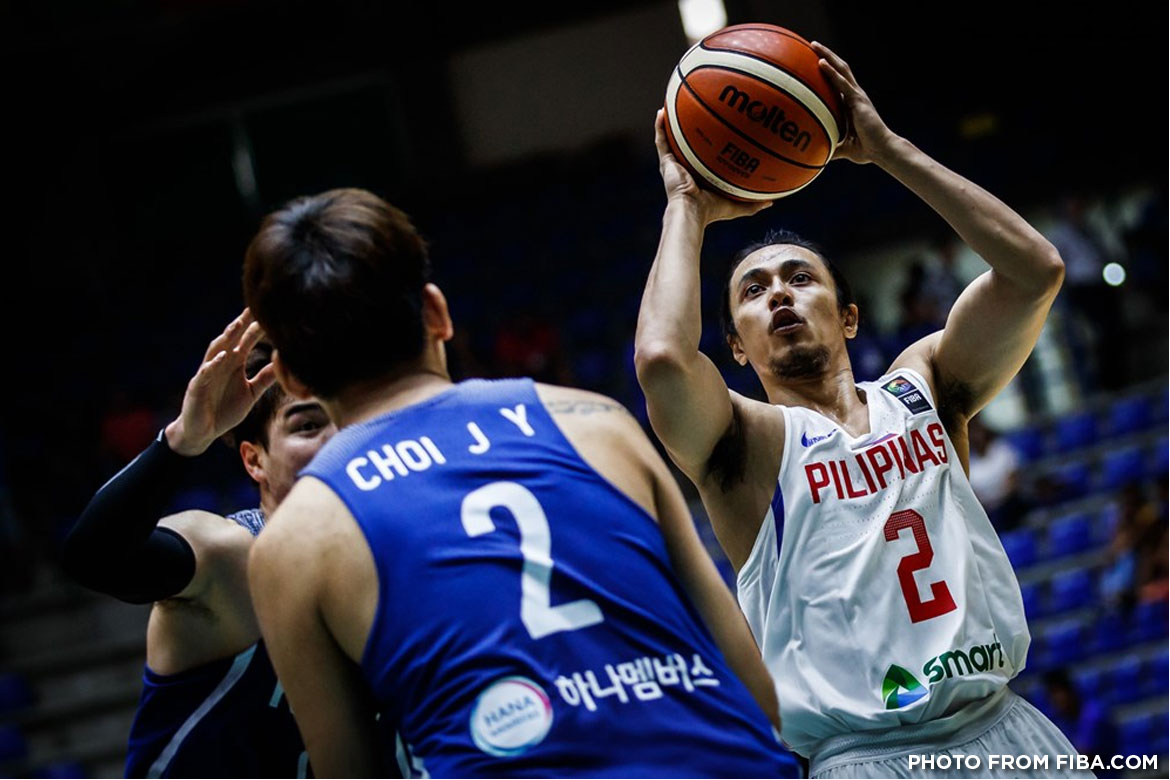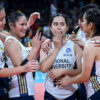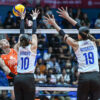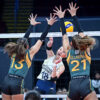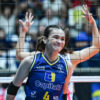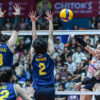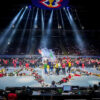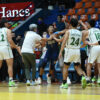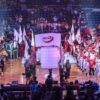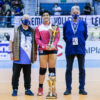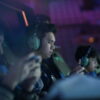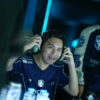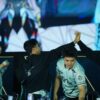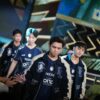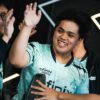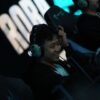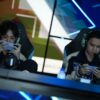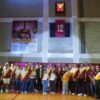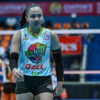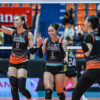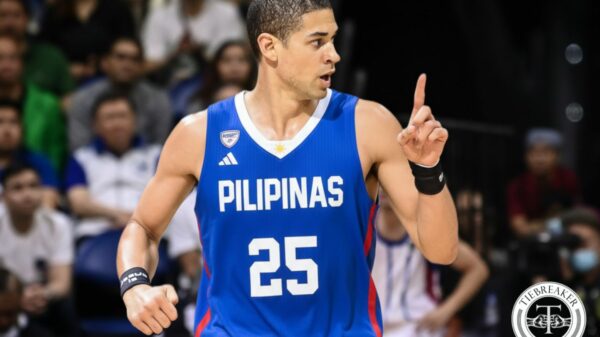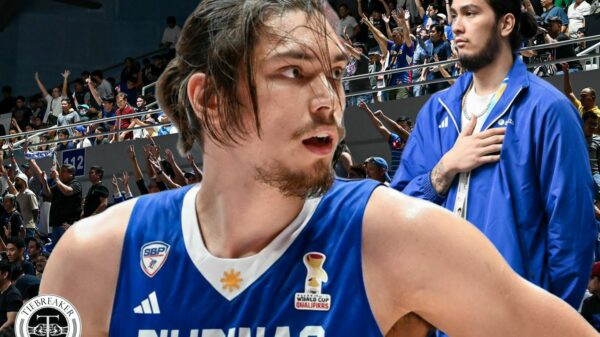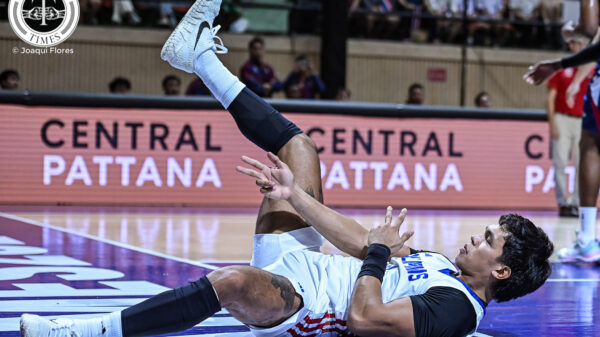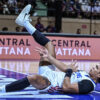Two three-pointers from Jimmy Alapag, five crucial points from Ranidel de Ocampo, a steal from Marc Pingris, and a decisive shot block from Gabe Norwood — all in the last three minutes of the semi-final game of the 2013 FIBA Asia Championships.
Four crucial plays in that fateful night of August 10, 2013. The buzzer sounded to end the game. Players started celebrating in the middle of the court. Grown men shed tears of joy, and strangers suddenly became brothers hugging each other in victory.
All it took was three minutes to exorcise a curse that had pained every single Filipino basketball fan for so long — the curse of Korea.
And with that ecstatic win, Gilas Pilipinas punched its ticket to the 2014 FIBA World Cup in Spain. It also earned the right to face Iran in the gold medal the next day, but even the eventual bridesmaids finish would not dampen the thrill of that victory.
World Cup
That victory paved the way for the Philippines to return to the world stage of basketball.
Then during the 2014 World Cup, though it lost games against the world’s best, Gilas Pilipinas was no pushover. The team was the surprise of the tournament despite coming up with only one victory against Senegal.
Those close losses were considered moral victories for the way the Filipinos kept it close against the likes of Dario Saric, future NBA MVP Giannis Antetokoumpo, Luis Scola, and JJ Barea.
It was a sight to behold, seeing the Philippines play again on such a big stage after 25 years. For the simple Filipino basketball fan who woke up in the middle of the night just to catch the action, it was a thrill, and never mind the losses.
It was more important to see Gilas playing with the big boys. Everyone was just euphoric and enjoying the moment.
Asian Games
With the joy of the victory against South Korea a year earlier and an inspired performance at the World Cup, Filipino basketball fans expected nothing less than a golden finish at the Incheon Asian games a few weeks after the World Cup in Spain.
But even before the Asian Games even started, there was a little bit of drama that was unfolding.
The Olympic Council of Asia — the main organizer of the Asian Games — had disqualified the participation of Andray Blatche since he lacked the three-year residency required by the OCA.
Coach Chot Reyes was forced to re-activate Marcus Douthit for duty. Jimmy Alapag, who was supposed to retire from international play after the World Cup, suited up after sentimental clamor from the fans owing to his heroics in Spain. Jared Dillinger then replaced the injured Castro in the line-up.
But what goes up must come down, and slowly, the tired Filipinos fell into a downward spiral. After winning its opening game against unheralded India, Gilas plummeted in come-from-behind, close losses against Iran, Qatar, and South Korea.
And that game against the South Koreans proved that the curse was not yet fully exorcised.
In their last quarterfinal game against Kazakhstan, Gilas — who needed to win by 11 points or more — threw a Hail Mary shot in the hopes of securing overtime. Marcus Douthit made the now-infamous move coming off a pass from Jimmy Alapag. Gilas won the game, but settled for seventh place, with Kazakhstan marching into the semifinals.
From the highest of the high in that one night in August 2013, Gilas Pilipinas plunged to a sudden low — especially with the much-criticized basket to the opponent’s goal.
Aftermath
As the saying goes, all things — even the good ones — must end.
After the 2014 Asian Games, the Samahang Basketbol ng Pilipinas disbanded the Gilas Pilipinas roster that exorcised the Korea curse. Later on, Chot Reyes was almost removed as head coach. Tab Baldwin came in as his replacement, steering a ragtag version of Gilas to a consecutive silver medal finish in the 2015 FIBA Asia Championships in Hunan, China.
Veterans Ranidel de Ocampo, Jayson Castro, and Marc Pingris were the only remnants of that Gilas team to return to duty.
Gilas would eventually vie for a slot at the Rio Olympics owing to its silver medal finish a year earlier in China. It lost two games against France and New Zealand in the FIBA Olympic Qualifying Tournament held at the MOA Arena.
Chot Reyes then returned to take over from Tab Baldwin as Gilas Pilipinas head coach, since the latter was appointed as head coach of the Ateneo Blue Eagles.
Legacy
That game against the South Koreans on August 10, 2013 brought Filipino basketball fans together.
From the euphoria inside the MOA Arena, to the celebrations in every household that watched that epic game on television at home — Filipinos everywhere savored a hard-fought and long-awaited victory.
The pain of defeats to South Korea, of losses in 1986, 1994, 1998, 2002 and 2011 faded in that historic moment. Allan Caidic, Coach Jong Uichico; Coach Tim Cone and his Centennial Team; Coach Rajiko Toroman and his youthful Gilas 1.0 squad were avenged.
The 2013 Gilas Pilipinas taught fans and players how to beat such a formidable opponent. It took a better-prepared squad to get the job done, but Gilas showed that night that nothing is impossible. But the question now is — what next?
After August 10, 2013, have we truly exorcised the curse of Korea on Philippine Basketball?
As of this writing, the Philippines is 0-3 after 2013. It has lost all its games against Korea in the 2014 Asian Games, 2017 FIBA Asia Cup, and the 2018 Asian Games — even with Jordan Clarkson leading the charge. The roadblock still exists, and has not been fully conquered.
Maybe in taking the path to exorcise the curse completely, we as a nation must return to the lessons from August 10, 2013. In that night, in the last three minutes of the game, Gilas briefly overcame the odds.
But if basketball stakeholders do not come together for real change in Philippine basketball — especially in the development from grassroots to senior level — then it will be more than the Koreans that need overcoming. Philippine basketball will become its own roadblock, and cannot blame anything but itself.


